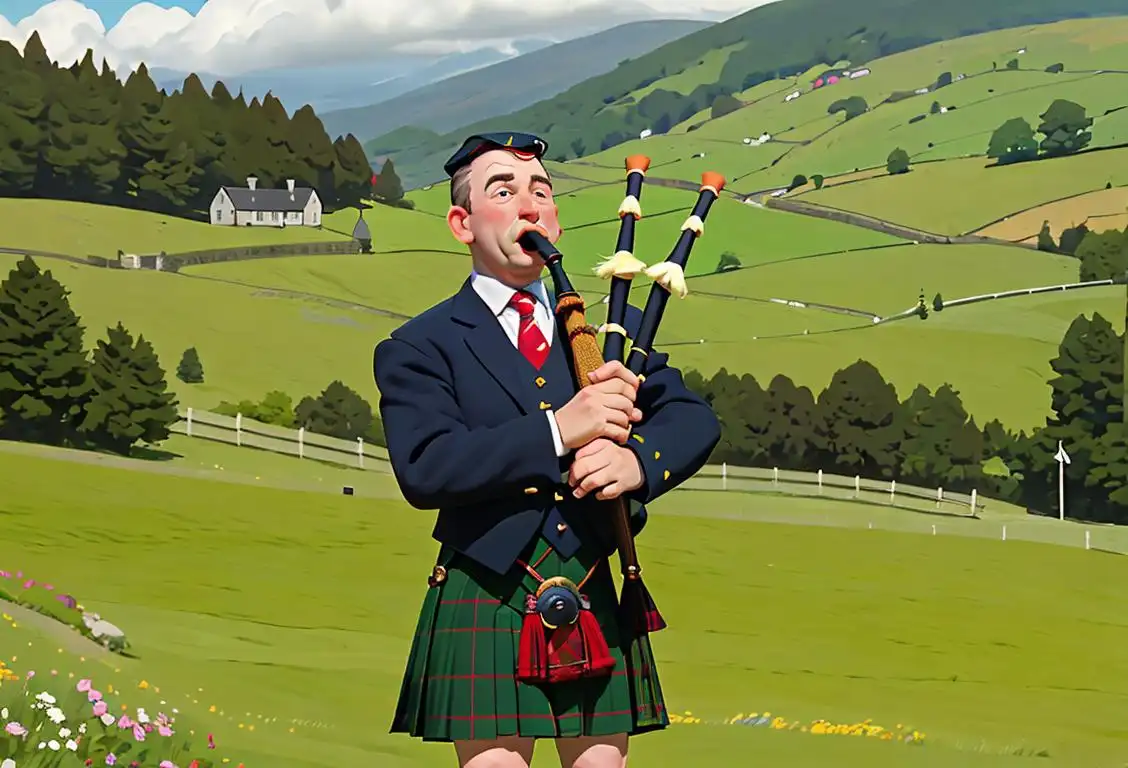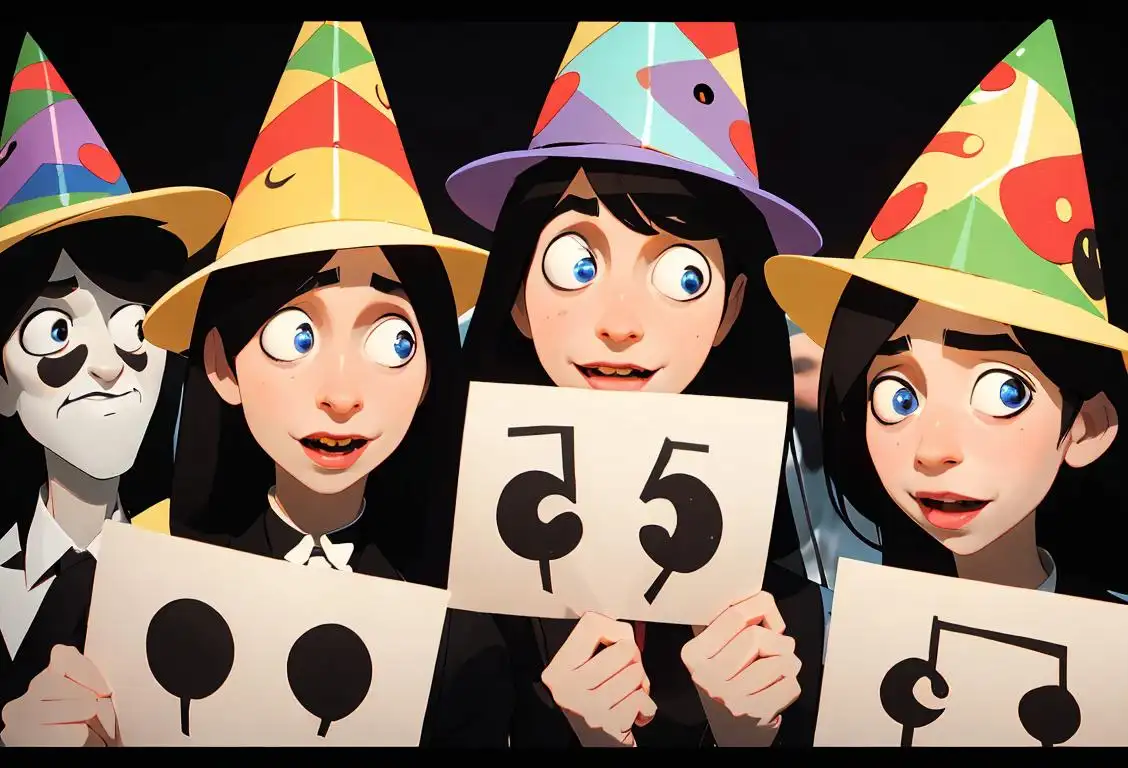National Whistle Day

Hey there! Are you ready to whistle your way through a fun-filled day? Well, get those lips ready because it's National Whistle Day! This is the perfect occasion to showcase your impressive whistle skills or simply enjoy the sound of whistling tunes. So, without further ado, let's dive into the world of whistles and discover the fascinating history behind this melodious day.
When is Whistle Day?
It's national whistle day on the 14th March.
The Origins of Whistling
Whistling, my friend, has been around for centuries. It's a versatile form of musical expression that can be heard in various cultures across the globe. The exact origins of whistling are somewhat elusive, but we can trace its roots back to ancient times.
In ancient Greece, whistling was used to communicate during battles. Soldiers would use different whistle patterns as signals to coordinate their movements and strategies. Imagine being on a battlefield, whistling tunes instead of shouting commands. It's like a musical tug-of-war!
But whistling didn't just stay on the battlefield. It made its way into everyday life too. In fact, shepherds in ancient Greece used whistling to communicate with their dogs. They would train their loyal companions to respond to specific whistle commands, making herding sheep a true symphony of whistles. Who needs words when you can send melodic messages, right?
The Evolution of Whistling
As time went on, whistling evolved and found its place in different cultures worldwide. Sailors, for instance, developed a system of whistles to convey important messages across the vast ocean. From whale sightings to navigation signals, a good sailor needed to be fluent in the language of whistles.
Whistling also became an integral part of various musical genres. In the early 20th century, jazz musicians incorporated whistling into their performances, giving a new twist to the art form. And let's not forget the unforgettable, toe-tapping tunes from classic Disney movies, where whistling played a prominent role in creating catchy melodies.
Today, whistling remains a popular form of self-expression and entertainment. You can find talented individuals who can whistle complex melodies, imitate bird calls, and even create unique compositions solely through whistling. It's a testament to the power of human creativity and lung capacity!
History behind the term 'Whistle'
2000 BC
Ancient Whistles
Whistles have been used by ancient civilizations for various purposes. Archaeologists have discovered evidence of whistles made from bone, wood, and shells dating back to around 2000 BC. These early whistles were primarily used for ceremonies, rituals, and communication. They were simple in design, producing a basic tone when blown.
15th Century
Whistles for Law Enforcement
In the 15th century, whistles found a practical use in law enforcement. The English city of London is credited with implementing the use of whistles as a means of alerting the authorities to crimes and emergencies. Watchmen or constables patrolling the city's streets would blow a whistle to summon assistance or raise alarm. This practice eventually spread to other cities and countries, helping establish whistles as tools of law enforcement.
19th Century
Maritime Whistles
During the 19th century, whistles gained popularity as crucial tools for communication at sea. Maritime whistles were used to signal ships, communicate between vessels, and issue commands to crew members. The high-pitched sound of a whistle could cut through the noise of the ocean, making it a highly effective means of communication in challenging maritime environments. Whistles were often built into life-saving devices like life jackets and lifeboats, further emphasizing their importance in maritime operations.
First World War
Whistles in Warfare
Whistles played a significant role in warfare during the First World War. Soldiers on the battlefield used whistles to signal troop movements, coordinate attacks, and alert others to danger. These whistles were often attached to lanyards and carried by officers or non-commissioned officers. The distinct sound of a whistle blowing could be heard over the chaos of battle, enabling soldiers to act in unison and follow orders. Whistles became an iconic symbol of military leadership and discipline.
20th Century
Sports Whistles
Whistles became essential tools in sports during the 20th century. Referees and coaches used whistles to signal the start and end of games, fouls, penalties, and other important events. The distinct sound of a whistle blowing could halt gameplay instantly and command the attention of players and spectators alike. Different sports adopted variations of whistles, such as the pea whistle commonly used in soccer and the electronic whistle used in indoor sports. Whistles became synonymous with fair play and the authority of sports officials.
Did you know?
Did you know that the Guinness World Record for the loudest whistle ever blown is held by a man named Robert Stemmler? He set the record on July 27, 1998, with a whopping decibel level of 129.0! Talk about making some noise!Tagged
music communication traditionFirst identified
14th March 2015Most mentioned on
14th March 2015Total mentions
4Other days
Whistle Day
High School Radio Day
Go Caroling Day
Blow Bagpipes Day
Punctuation Day
Drummer Day
Album Day
Handloom Day
Sweet Tea Day
Maritime Day








